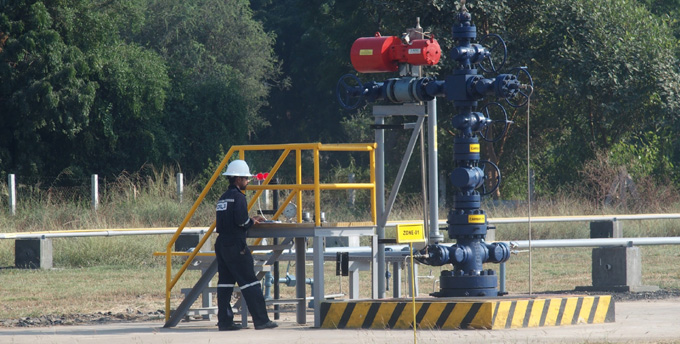Synergia Energy has announced the commencement of a farm out process concerning its Medway Hub Camelot CCS project in the UK.
Synergia and its partner, Wintershall Dea (“WD”), each hold a 50% interest in the CS019 Camelot carbon storage licence, with Synergia as designated operator. The Camelot licence, located in the UK Southern North Sea, is currently projected to be able to store between 70 and 100 million tonnes of CO2.
Following expressions of interest from a number of parties, Synergia has decided to offer up to half of its 50% interest in the CS019 licence under a farm out arrangement, subject to necessary regulatory approvals, with Synergia remaining as designated operator. [The Company believes achieving a farm out arrangement would materially lower its capital commitments to the project whilst also potentially strengthening further the partnership operationally and technically.]

Medway Hub CCS Project
The Medway Hub CCS project provides for the capture and transportation of CO2 emissions from coastal CCGT power stations in liquid form by marine tanker to a Floating Injection, Storage and Offloading vessel (FISO) from which the CO2 would be injected into depleted gas fields, which are situated in the in the UKCS, for permanent sequestration.
The Company has been awarded carbon storage license for the Camelot reservoirs under the NSTA 1st carbon storage licensing round to sequester CO2 in depleted gas fields and aquifers in the UKCS.
A pre-FEED study has been completed by Axis Well Technology, which confirms the technical viability of the project as well as providing scoping economics.
The CCS project is contemplated to be a merchant scheme whereby emitters would pay for the transportation and storage of CO2 from CCGT power station emissions under long-term contract, instead of incurring the cost of carbon allowances.
The CCS project is subject to contracts with carbon emitters, regulatory approvals and funding.
KeyFacts Energy UK country profile
 KEYFACT Energy
KEYFACT Energy